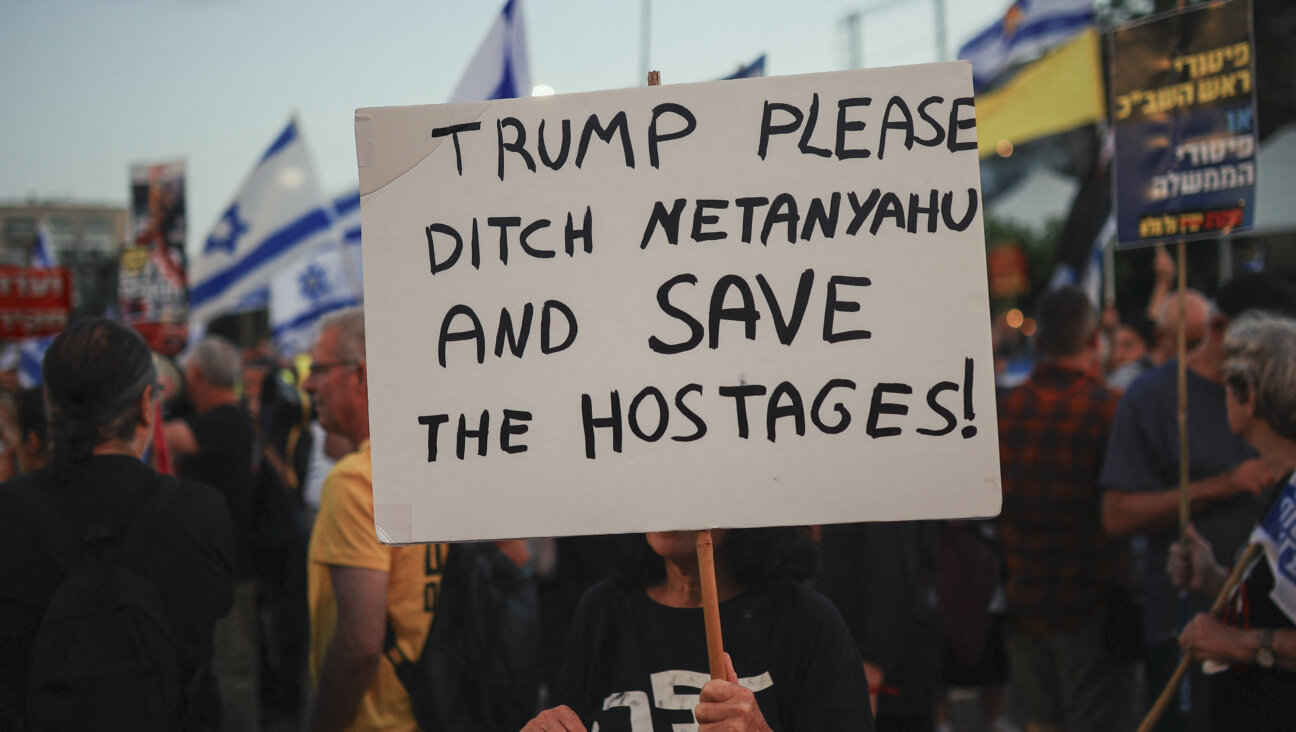Supreme Court Strikes Down Jerusalem Passport Case

Image by Thinkstock
The Supreme Court on Monday struck down a law that would allow American citizens born in Jerusalem to have Israel listed as their birthplace on passports, handing a victory to President Barack Obama’s administration.
The Obama administration argued that the law unlawfully encroached on the president’s power to set foreign policy and would have, if enforced, undermine the U.S. government’s claim to be a neutral peacemaker in the Middle East.
“Congress cannot command the president to contradict an earlier recognition determination in the issuance of passports,” Justice Anthony Kennedy, a conservative who often casts the deciding vote in close cases, wrote in the majority opinion.
The court was divided, with the court’s four liberal members joining Kennedy in the majority. One of the court’s conservatives, Justice Clarence Thomas, agreed with part of the ruling. The court’s other conservatives, Chief Justice John Roberts, Justice Antonin Scalia and Justice Samuel Alito, all dissented.
Congress passed the law in 2002 when President George W. Bush was president, but neither his administration nor the current Obama administration ever enforced it.
Ari and Naomi Zivotofsky, the parents of now-12-year-old Jerusalem-born Menachem Zivotofsky, had waged a long court battle to have the boy’s passport state he was born in Israel. An estimated 50,000 American citizens were born in Jerusalem and could, if they requested it, list Israel as their birthplace if the law had been enforced.
Scalia took the relatively rare step of reading his dissenting opinion from the bench. He said that the Jerusalem passport law does not infringe on the president’s power because it did not concern the question of recognizing a foreign government.
“The Jerusalem passport law has nothing to do with recognition,” Scalia said.
Seeking to remain neutral on the hotly contested issue of sovereignty over a city holy to Jews, Muslims and Christians, the State Department allows passports to name Jerusalem as a place of birth, with no country name included.
The Obama administration had said in court papers that a loss for the government in the case would have been seen around the world as a reversal of U.S. policy that could cause “irreversible damage” to America’s ability to influence the region’s peace process.
The White House argued that the president has sole authority to provide American recognition of who controls Jerusalem, a city claimed both by Israelis and Palestinians. The Bush administration had made the same argument.
While Israel calls Jerusalem its capital, few other countries accept that. Most, including the United States, maintain embassies in Tel Aviv. Palestinians want East Jerusalem, captured by Israel in a 1967 war, as capital of the state they aim to establish alongside Israel in the West Bank and Gaza Strip.—Reuters




















